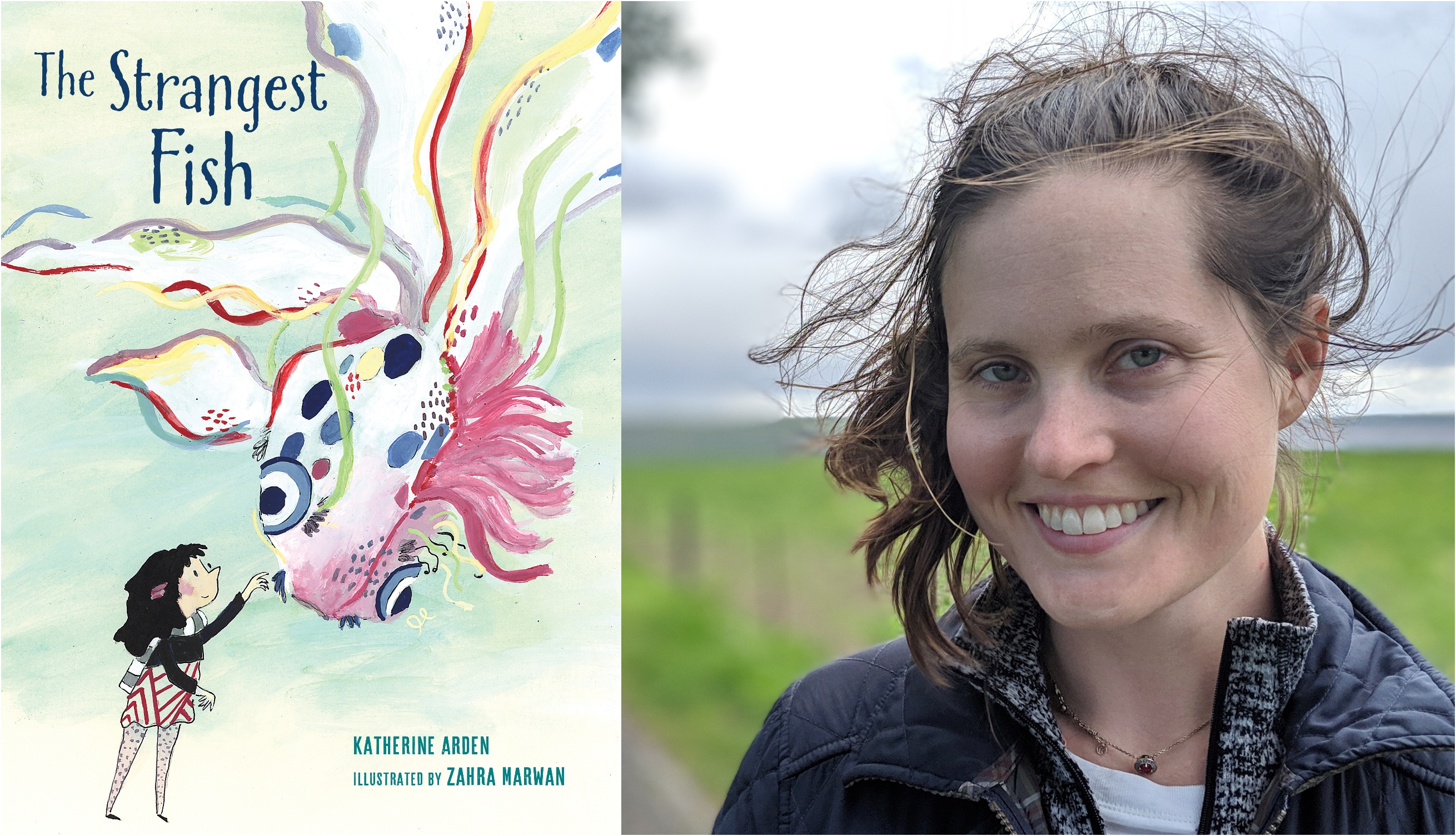NEW YORK – Melissa Etheridge has realized two career dreams with her new documentary series “Melissa Etheridge: I’m Not Broken”: She is performing for incarcerated women and recording the concert for a live album.
The singer-songwriter grew up in Leavenworth, Kansas – an area that is home to a well-known federal prison as well as other state and military prisons – and found a receptive audience among the inmates there at the start of her career. Inspired by Johnny Cash’s famous prison concerts, the two-time Grammy and Oscar winner was given permission to perform a live show at the Topeka Correctional Facility, a women’s prison in Kansas, with a film crew documenting the proceedings.
In the series, now streaming on Paramount+, Etheridge meets several people in prison, corresponds with them and learns how they ended up there. Their stories inspired her new song, “A Burning Woman.” Many of the women were drug addicts, and Etheridge said she reached out to them after the opioid-related death of her 21-year-old son in 2020.
Etheridge, 63, recently spoke about her emotional 2023 performance and new album. Answers have been edited for clarity and brevity.
What was it like to meet the inmates and hear their stories?
When I went and heard their stories, I was overwhelmed that they were all mothers. It really broke my heart. And then it was so relatable. That could be my sister. That could be my friends. But without God’s grace, I would be here.
What was it like realizing your dream of recording a live album?
When I was growing up in the ’60s and ’70s, live albums were the thing. I mean, ‘Frampton Comes Alive!’ That’s what you do when you get to a certain point as a rock and roll artist. I always wanted to do that, and when I got to that point in the ’90s, they said, ‘No, there are no live albums.’ Finally! And I love that. It’s a really special concert. The setlist was put together especially for them. It had a few hits, but also really deep pieces that really dealt with that longing, guilt and pain.
You played the new song at the live concert and it reflected some of the pain you heard in the prisoners’ stories. What was it like to see their supportive reaction?
It was even more than I expected. The fact that they went straight into the call and response style and that they have footage of the women saying, “I’m not broken!” means everything. Because just saying, “I’m not broken,” just saying, “I’m worth it,” that was the whole intention behind it. I hope people love it because it’s a rockin’ song. It’s a Melissa Etheridge song. I really like that.
In the show, you play the new song to your wife, television writer and producer Linda Wallem, to get feedback. Do you often ask her for her opinion on new music?
I love being with a creative woman. I love being married to someone whose taste I really trust, because she doesn’t like a lot of things. She’s in entertainment – she’s been a director, a producer. She’s used to saying to people, ‘Hey, maybe you can do a little better’ – very famous people. So I know she’s not going to mince her words with me. And if she likes (the work), that means a lot to me, because I don’t have a lot of people that I can trust and be that open with. I’m blessed to have a partner like that.
There were several emotional moments during the concert, including when you sang about your son Beckett, who died from opioid addiction – what was that experience like?
Before we went on stage, I was with the band and we were all huddled together and I just thought, “You know, this is a dream come true.” And I said (mimicking crying), “Oh no, I’m on the edge here. This is not OK!” So I pulled myself together and I was fine until I started talking about it. To see 500 women who have been through more than I will ever experience – they’ve been through their trials and they’re not with their kids. To see them show such empathy and compassion for me, it blew my mind.
It’s so moving to hear you talk about Beckett. In the series, you deal with his death so wisely and calmly – how do you separate your grief and has surviving cancer helped you bring clarity to that process?
Herbal medicine, cancer, and a new outlook on life — and this was 20 years ago — that really worked for me because I’m very healthy and very happy. The idea that you suffer all your life and you get some kind of (reward) at the end — that’s fine with some people, but I just don’t believe that. And that my son is in a non-physical (world), that life doesn’t end when we end, that there’s something in all of us that is eternal — those things comfort me, and that’s why I believe them. So I go through it, and I hope to inspire with it. But it also helps me when I can speak directly. And every time I say to somebody, “Yes, they would want me to be happy,” I believe it and I know it.




